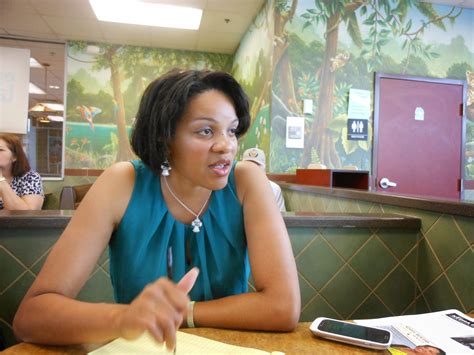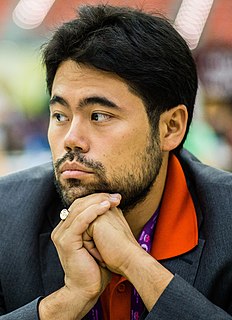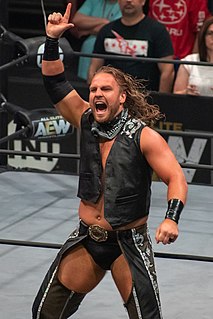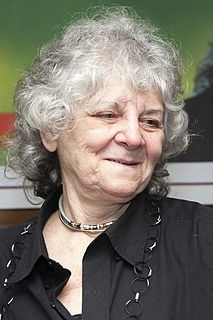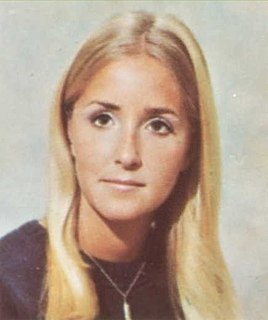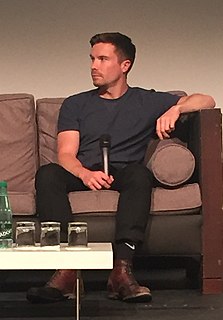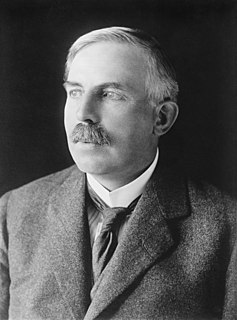A Quote by Martin Chalfie
I had been interested in science from when I was very young, but after a disastrous summer lab experience in which every experiment I tried failed, I decided on graduating from college that I was not cut out to be a scientist.
Related Quotes
After graduating college in 2001 with a B. A. in Political Science and Speech Communications from Texas State University - San Marcos, I realized that my generation and those younger had been given no future and had been maliciously robbed of the knowledge of principles and methods necessary for building one.
At a time when the average student is graduating from a four-year college $27,000 in debt, when hundreds of thousands of capable young people no longer see college as an option because of high costs and when the U.S. is falling further and further behind our economic competitors in terms of the percentage of young people graduating from college, no agreement should be passed which, over a period of years, makes a bad situation worse and will make college even less affordable than it is today.
We've learned from experience that the truth will out. Other experimenters will repeat your experiment and find out whether you were wrong or right. Nature's phenomena will agree or they'll disagree with your theory. And, although you may gain some temporary fame and excitement, you will not gain a good reputation as a scientist if you haven't tried to be very careful in this kind of work. And it's this type of integrity, this kind of care not to fool yourself, that is missing to a large extent in much of the research in Cargo Cult Science.
I wanted to be a scientist. My undergraduate degree is in biology, and I really did think I might go off and be some kind of a lady Darwin someplace. It turned out that I'm really awful at science and that I have no gift for actually doing science myself. But I'm very interested in others who practice science and in the stories of science.
The TV scientist who mutters sadly, "The experiment is a failure; we have failed to achieve what we had hoped for," is suffering mainly from a bad script writer. An experiment is never a failure solely because it fails to achieve predicted results. An experiment is a failure only when it also fails adequately to test the hypothesis in question, when the data it produces don't prove anything one way or another.
It is clear that everybody interested in science must be interested in world 3 objects. A physical scientist, to start with, may be interested mainly in world 1 objects--say crystals and X-rays. But very soon he must realize how much depends on our interpretation of the facts, that is, on our theories, and so on world 3 objects. Similarly, a historian of science, or a philosopher interested in science must be largely a student of world 3 objects.

